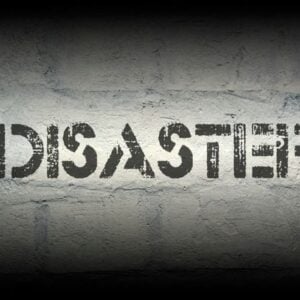The Government of the Philippines has enacted the Declaration of State of Imminent Disaster Bill, a landmark measure that institutionalizes anticipatory action within the country’s Disaster Risk Reduction and Management Framework. Developed by the Office of Civil Defense (OCD) with technical support from the United Nations World Food Programme (WFP) and other partners, the bill empowers authorities to act early based on forecasts and pre-disaster risk assessments, helping save lives before disasters strike.
Anticipatory action involves taking proactive measures ahead of predicted hazards to prevent or reduce humanitarian impacts. By leveraging early warning systems and pre-arranged financing, communities can better protect their homes, assets, and livelihoods, minimizing the potential damage caused by natural disasters.
OCD Administrator Undersecretary Harold Cabreros described the passage of Republic Act No. 12287, or the Declaration of State of Imminent Disaster Act, as a major milestone for the country’s proactive disaster management approach. He emphasized that the national policy would be especially beneficial for the most vulnerable members of society during emergencies.
Under the new law, a declaration of imminent disaster—recommended by the National Disaster Risk Reduction and Management Council to the President or by regional councils to local executives—enables the early release of government funds to mitigate risks. This represents a strategic shift from reactive disaster response to a proactive, risk-informed approach.
WFP Philippines Representative Regis Chapman highlighted that with the Philippines facing an average of 20 typhoons annually, the legislation is pivotal for strengthening disaster risk management, particularly for climate-related shocks. Anticipatory action not only saves lives but also reduces the costs associated with emergency responses.
Since 2015, WFP has collaborated with the Philippine government to integrate anticipatory action into national and local disaster management systems, ensuring the sustainability and relevance of early action measures. WFP works closely with local governments, communities, and humanitarian partners to implement anticipatory cash assistance ahead of typhoons in regions such as Bicol, CARAGA, and Eastern Visayas. The approach is also being localized in areas including Jabonga, Legazpi City, New Bataan, and Palo, targeting hazards like typhoons, floods, storms, and landslides.







